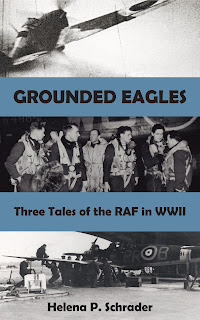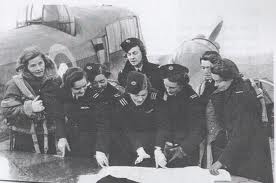This seems like as good a time as any to reflect on why I
write -- and to share those thoughts with my loyal fans and followers.
In this seven part series, I will explore the seven most important
motivations, namely: 1) to learn, 2) to explore, 3) to question, 4)
to educate, 5) to share, 6) to critique, and 7) to reach a larger
audience.
True. But that is precisely the point.
If I am intrigued by a topic (period, culture, event etc.) enough to want to write about it, then I am setting myself on a course of study. In order to be able to write about this topic, I will have to do my research. I'm not someone who can just dash off a short-story based on a casual thought or a snippet of information I've stumbled across. I envy those who can write like that! But I'm at heart a historian and I can't write even a short story without knowing about things like how people dressed, kept warm, what they ate, how they traveled, what their religious beliefs were likely to be etc. etc.
If I'm going to write, I'm going to have to research all those things, so there's no point getting started unless I'm 1) willing to invest that effort and 2) going to use what I learn for more than one project. In other words, I may read a book simply because someone recommends it to me and I will be the richer for reading, but if I want to write about something I need to learn more.
You may also remember your parents or teachers saying that "to teach once is to learn twice." Writing is much the same. What I have read but not written about, I am far more likely to forget. What I have written about I learn with an intensity that stays with me for many years.
My current learning adventure is a deep-dive into the tense, complex and politically critical story of the Berlin Airlift 1948-1949. It builds upon the research I did both for my novel on the German Resistance to Hitler and my books on aviation.
they took the war to Hitler.
Their chances of survival were less than fifty percent.
Their average age was 21.
This is the story of just one bomber pilot, his crew and the woman he loved.
It is intended as a tribute to them all.
or Barnes and Noble.

"Where Eagles Never Flew" was the the winner of a Hemingway Award for 20th Century Wartime Fiction and a Maincrest Media Award for Military Fiction. Find out more at: https://crossseaspress.com/where-eagles-never-flew
For more information about all my books visit: https://www.helenapschrader.com




No comments:
Post a Comment